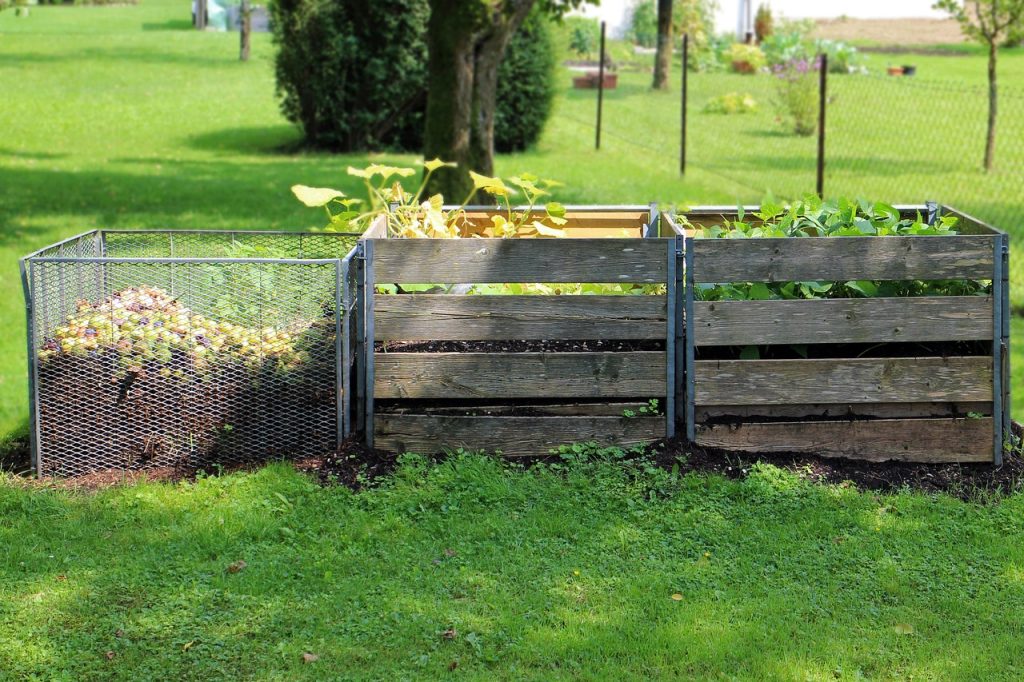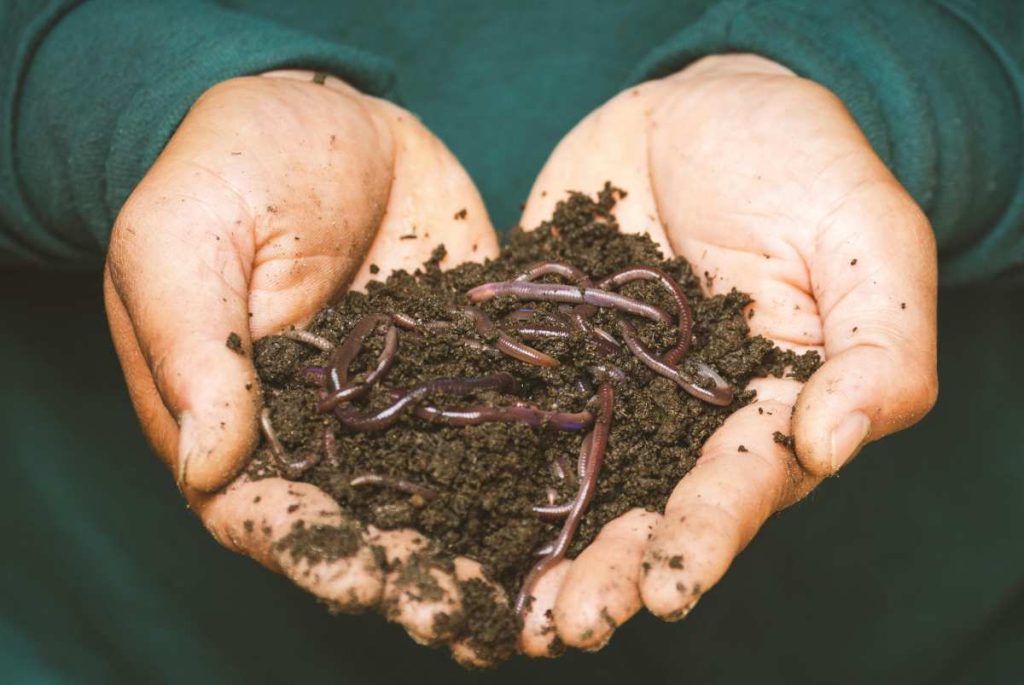Composting is a natural process that transforms organic waste into nutrient-rich soil, but sometimes it can use a little extra help. Whether you want to speed up the decomposition, increase the nutrient value, or simply improve the overall health of your compost, natural additives can work wonders. These additives are easy to find, eco-friendly, and effective in giving your compost pile or bin the boost it needs. Here are six natural additives to supercharge your compost and make it even more beneficial for your garden.
1. Compost Activators
Why it’s beneficial: Compost activators are typically high-nitrogen materials that help jumpstart the composting process. They introduce beneficial microbes and bacteria into the pile, speeding up decomposition and increasing the overall efficiency of the compost.
How to use it:
- You can purchase commercial compost activators or make your own by adding green materials like fresh grass clippings, kitchen scraps, or manure.
- If you’re making your own compost activator, ensure that it’s rich in nitrogen, which encourages microbial activity and accelerates the breakdown of organic material.
2. Worm Castings
Why it’s beneficial: Worm castings, also known as vermicompost, are packed with beneficial microorganisms and essential nutrients, including nitrogen, phosphorus, and potassium. They are natural fertilizers that can significantly enhance the quality of your compost.
How to use it:
- Simply add a few handfuls of worm castings to your compost pile every few weeks. You can even set up a worm bin to harvest the castings.
- These castings help to increase microbial activity and nutrient content, making your compost richer and more effective in nourishing your plants.
3. Wood Ash
Why it’s beneficial: Wood ash is rich in potassium, calcium, and other trace minerals that can help balance the pH levels of your compost. It also adds carbon to the compost, which helps create the ideal carbon-to-nitrogen ratio needed for proper decomposition.
How to use it:
- Add wood ash in small amounts (a handful or two) every few weeks to your compost pile. Be cautious, as too much ash can make your compost too alkaline, which may inhibit certain microbial activity.
- It’s a great way to neutralize overly acidic compost and boost the overall nutrient content.

4. Coffee Grounds
Why it’s beneficial: Coffee grounds are an excellent source of nitrogen, one of the key components needed for efficient composting. They also contain micronutrients like magnesium and copper, which help promote healthy soil and plant growth.
How to use it:
- Add coffee grounds directly to your compost pile or bin. They should be mixed with other materials (like leaves, straw, or paper) to balance the carbon-to-nitrogen ratio.
- Coffee grounds can also help absorb excess moisture in a damp compost pile, making them a great addition for maintaining the right moisture levels.
5. Seaweed or Kelp
Why it’s beneficial: Seaweed and kelp are loaded with trace minerals, micronutrients, and growth-promoting compounds like hormones that benefit soil and plant health. These marine plants also help improve the structure of your compost, promoting better aeration and water retention.
How to use it:
- Collect seaweed or kelp from clean coastal areas (if available), or purchase dried seaweed at garden centers.
- Chop or shred the seaweed into smaller pieces before adding it to your compost. It’s especially effective in boosting the mineral content of your compost, making it more nutrient-dense.
6. Compost Tea
Why it’s beneficial: Compost tea is a liquid made by steeping compost in water. The result is a nutrient-rich, microorganism-filled liquid that can be added directly to your compost to boost microbial life and accelerate decomposition. It’s also a powerful natural fertilizer for your plants.
How to use it:
- Make compost tea by soaking mature compost in water for a few days (usually 1-2 parts compost to 5 parts water).
- After straining, pour the tea directly into your compost pile to increase microbial activity.
- You can also use compost tea as a liquid fertilizer for your garden, promoting healthy plant growth and enhancing soil quality.
Conclusion
By incorporating these natural additives into your compost, you can improve decomposition, enhance nutrient content, and create richer soil for your garden. Whether you’re using coffee grounds for nitrogen, worm castings for added nutrients, or wood ash to balance pH, these simple yet effective materials will take your composting game to the next level. The best part? These additives are all eco-friendly, sustainable, and easily accessible. Start supercharging your compost today and watch your garden thrive!

